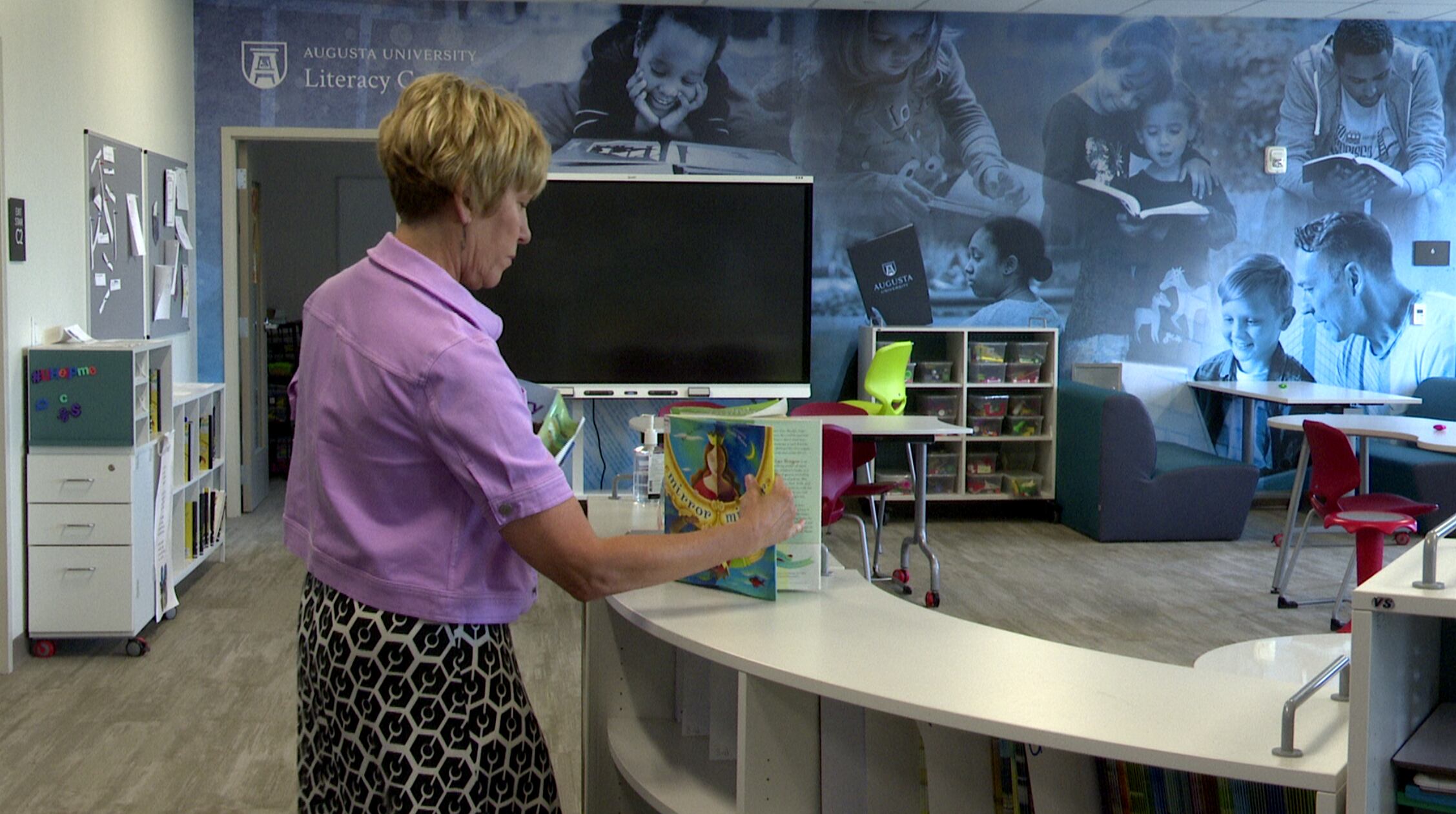Addressing Literacy Gaps in Richmond County
As the new school year approaches, the Harris Literacy Center is stepping up its efforts to support children in improving their literacy skills. The center’s work comes at a critical time, as many students are entering school with significant gaps in their reading abilities. In Richmond County, 30% of children are proficient at a third-grade level, which aligns with national averages. However, this statistic highlights a growing concern among educators who feel under-resourced and overwhelmed by the challenges of teaching young readers.
A recent article from K–12 Dive, shared by the Harris Literacy Center, underscores the urgency of the situation. Many early elementary educators report feeling inadequately supported to help students meet reading benchmarks. This lack of support has led to a troubling trend: more students are falling behind before they even begin their formal education.
Betsy VanDeusen, a representative from the Harris Literacy Center, notes that the literacy rates in Richmond County often mirror or even lag behind national figures. This means that many children are starting school already struggling to keep up. Austin Copeland, a tutor and teacher at the center since March, emphasizes that the problem is not isolated to a few students. “It’s not just one or two kids slipping through the cracks; it’s hundreds,” he says. “Give it 10 more years, it may be thousands.”
Despite the challenges, Copeland sees rapid progress in the students he works with. He notes that improvements happen quickly, sometimes within just a few sessions. This fast-paced growth is encouraging, but it also highlights the need for consistent support and intervention.
VanDeusen explains that the center is focused on both immediate needs and long-term solutions. “We have to teach the kids in front of us, but we also need to work on preventing future gaps,” she says. She believes that with the right support and resources, these students can overcome their challenges and build brighter futures.
Laurie Cook, director of Rise Augusta, echoes this sentiment. She says that when students start performing better in school and become more engaged readers, it can have a positive ripple effect on their families as well. “It’s not impossible, but it just takes places like this to help kids get back on track,” she adds.
Both the Harris Literacy Center and Rise Augusta offer year-round tutoring programs. While the specific days and times vary depending on the location, there are also steps parents can take at home to support their children’s learning. Experts recommend starting with simple actions, such as having books available at home, pointing out objects for children to describe, or engaging them in spelling activities.
These small efforts can make a big difference in a child’s literacy journey. By combining community resources with family involvement, there is hope for turning around the current literacy trends and ensuring that more children are prepared for academic success.







